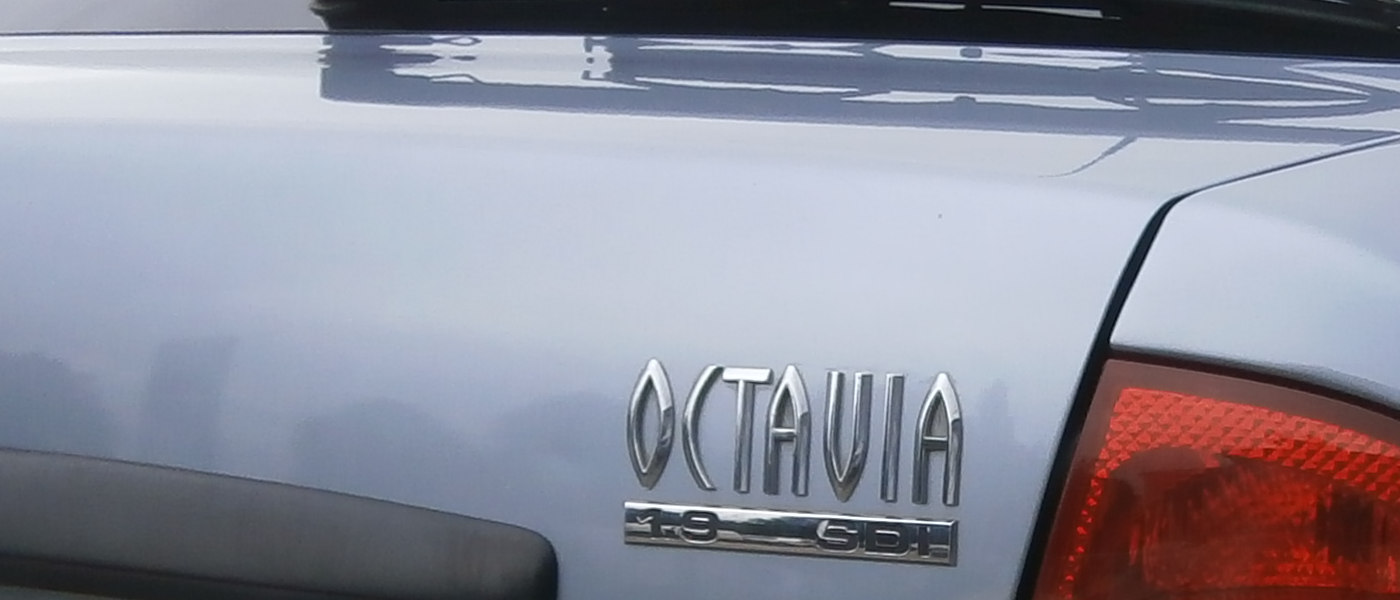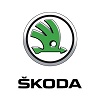


What does actually the SDI badge mean on vehicles by Volkswagen?
Short for "Suction Diesel Injection" which actually means a naturally aspirated diesel engine equipped with a direct fuel injection system. You could find one of these on different generations of VW vehicles, including ones with mechanic fuel distribution pumps, but also those using "Pumpe Düse" (PD) variants. Each one of the SDI cars has its own more powerful TDI sibling, equipped with a turbo charger.
Lack of the turbo impacts both power and torque, but makes the engine significantly more fuel efficient, and far less complicated too. Therefore the SDI engines were installed mostly in the vehicles which required fuel economy over performance, mostly delivery vehicles, vans etc. Apart from Volkswagena this badge is used by two other VAG Group companies, Škoda and Seat.
List of cars using this badge







































